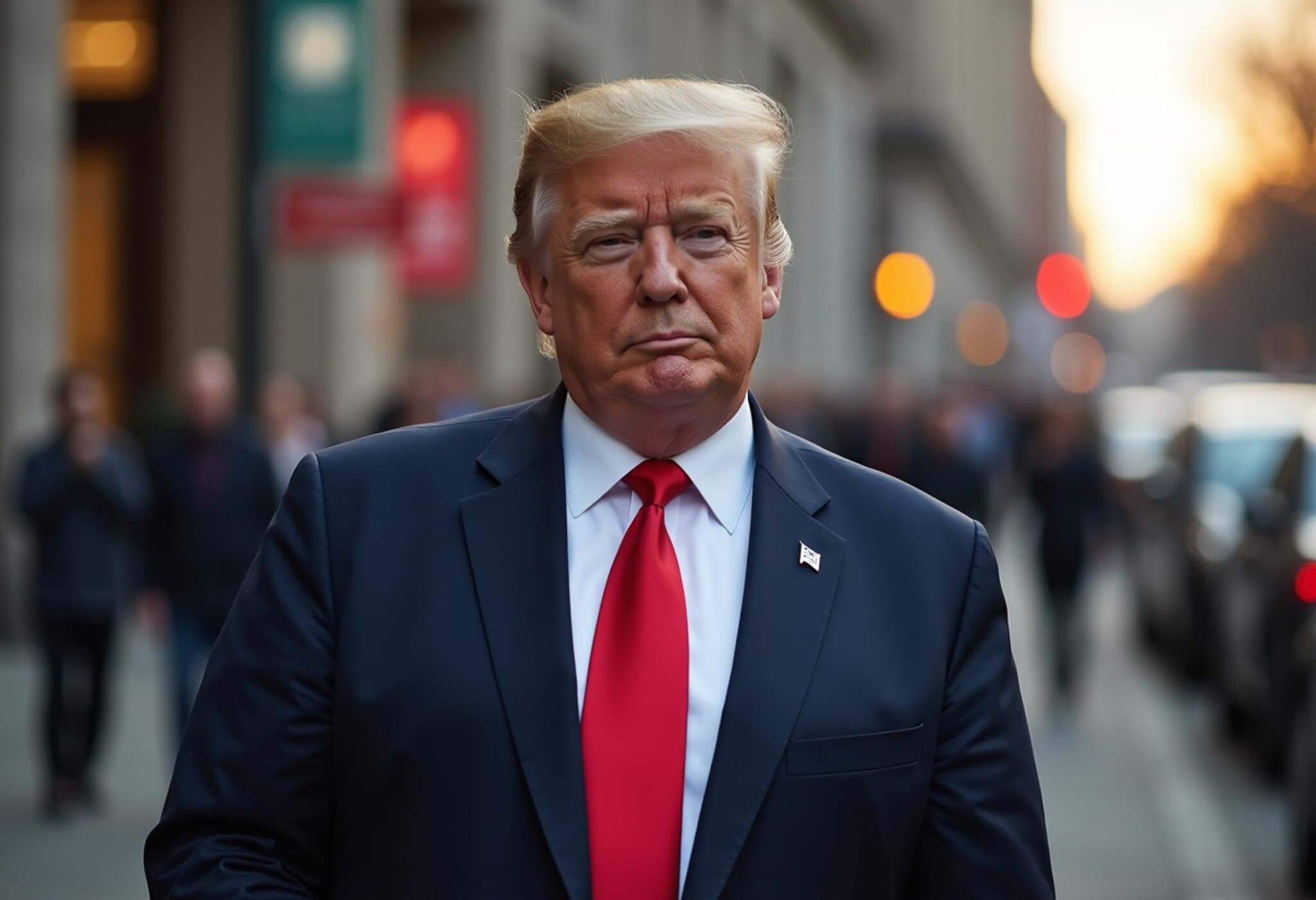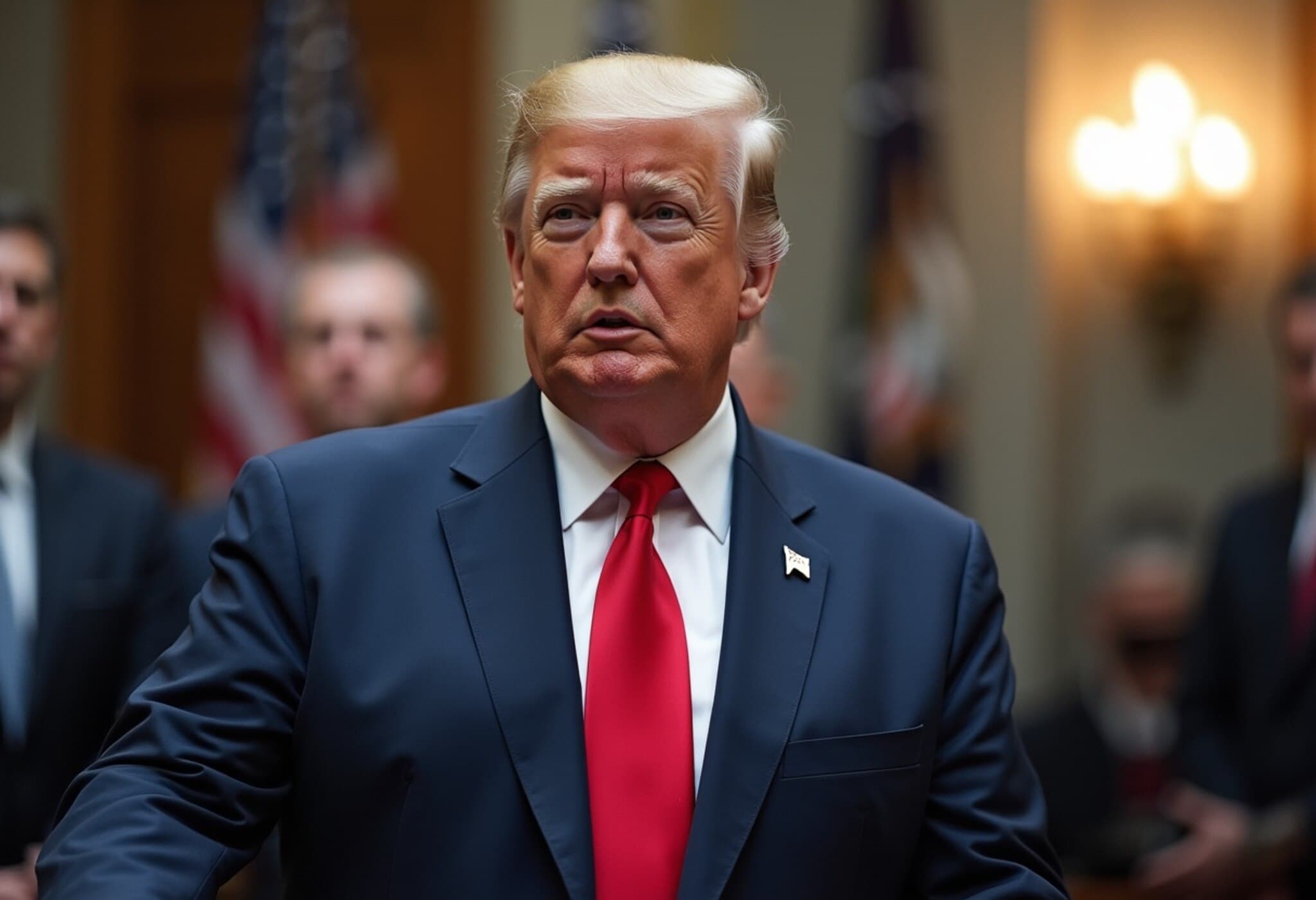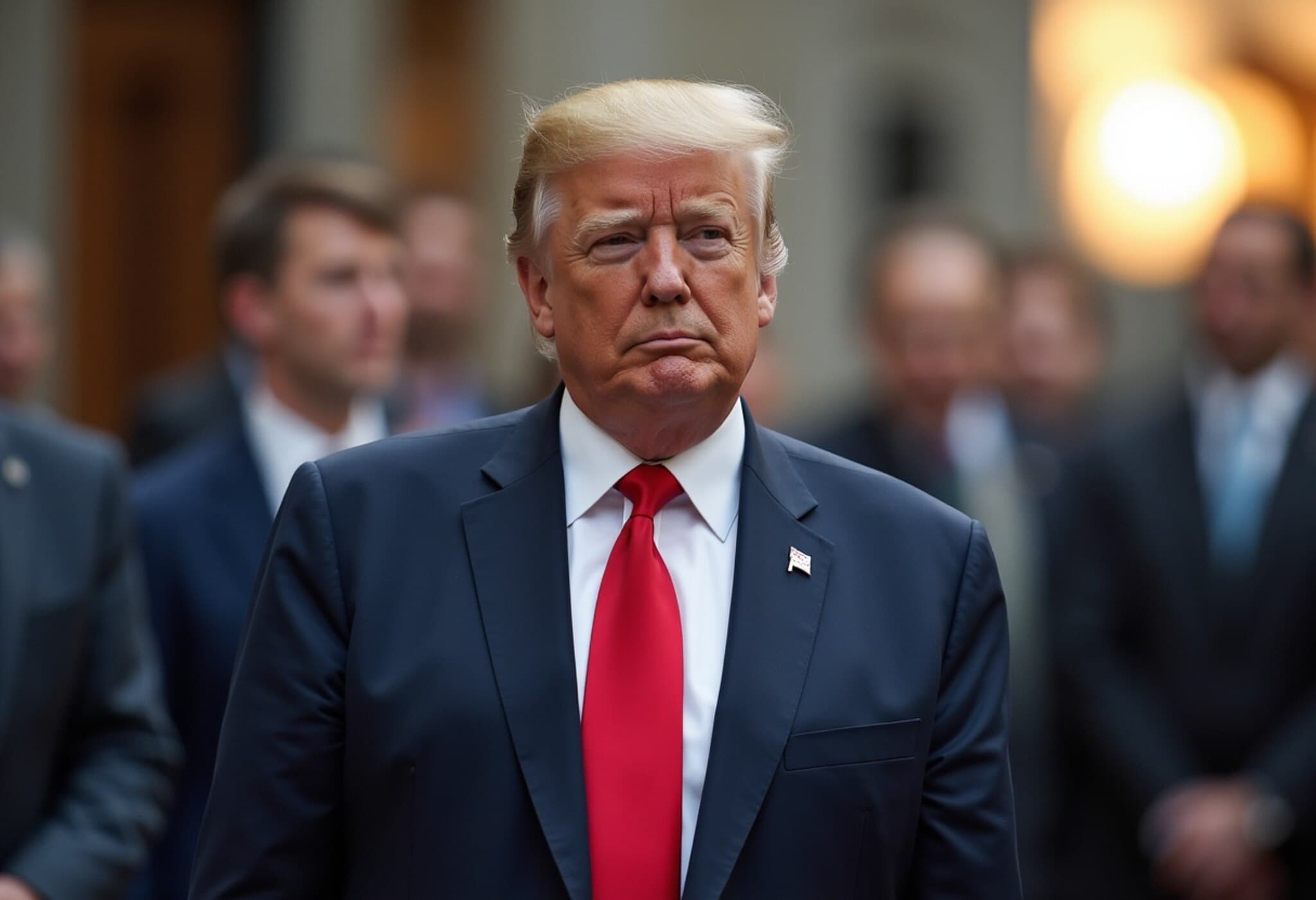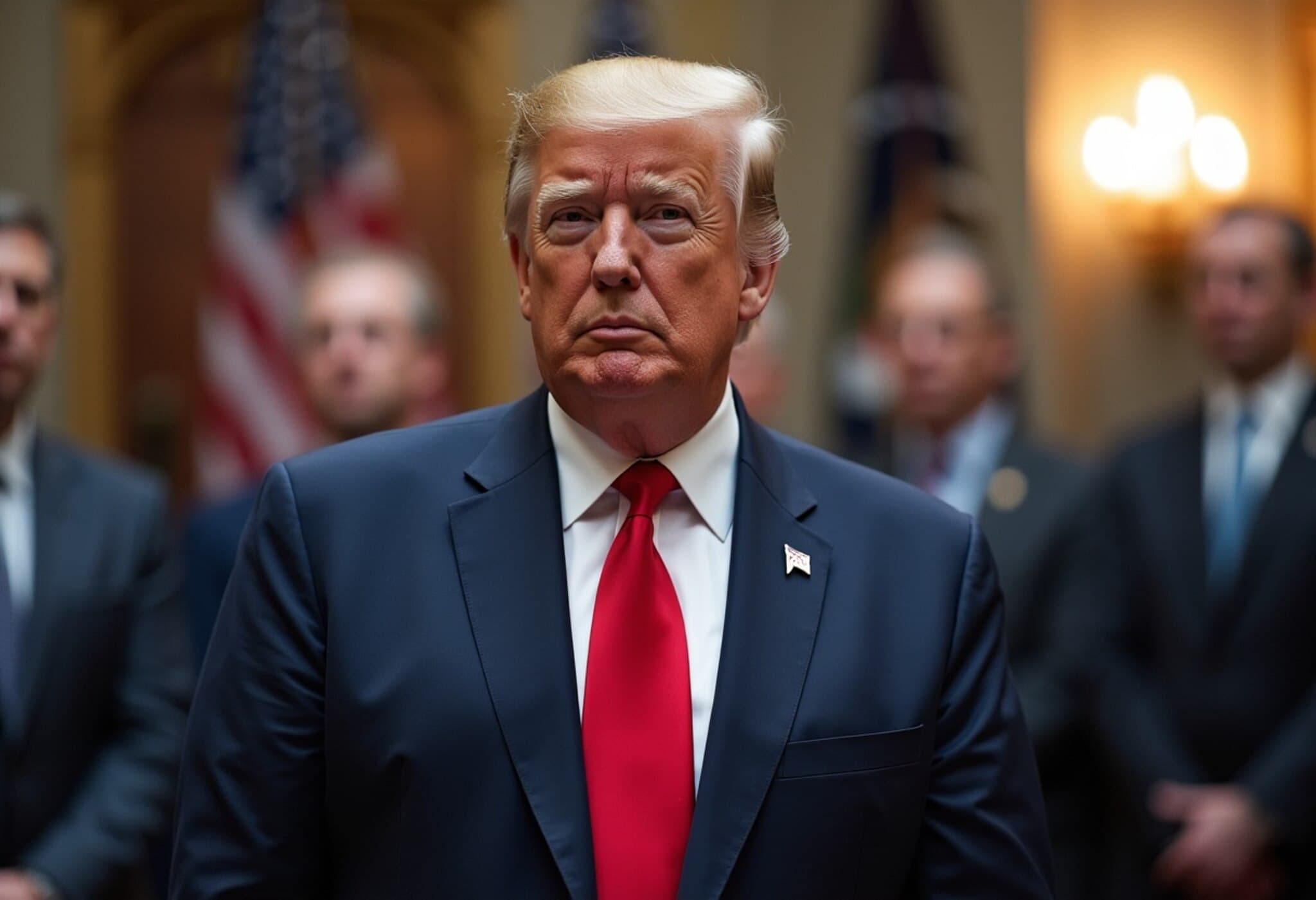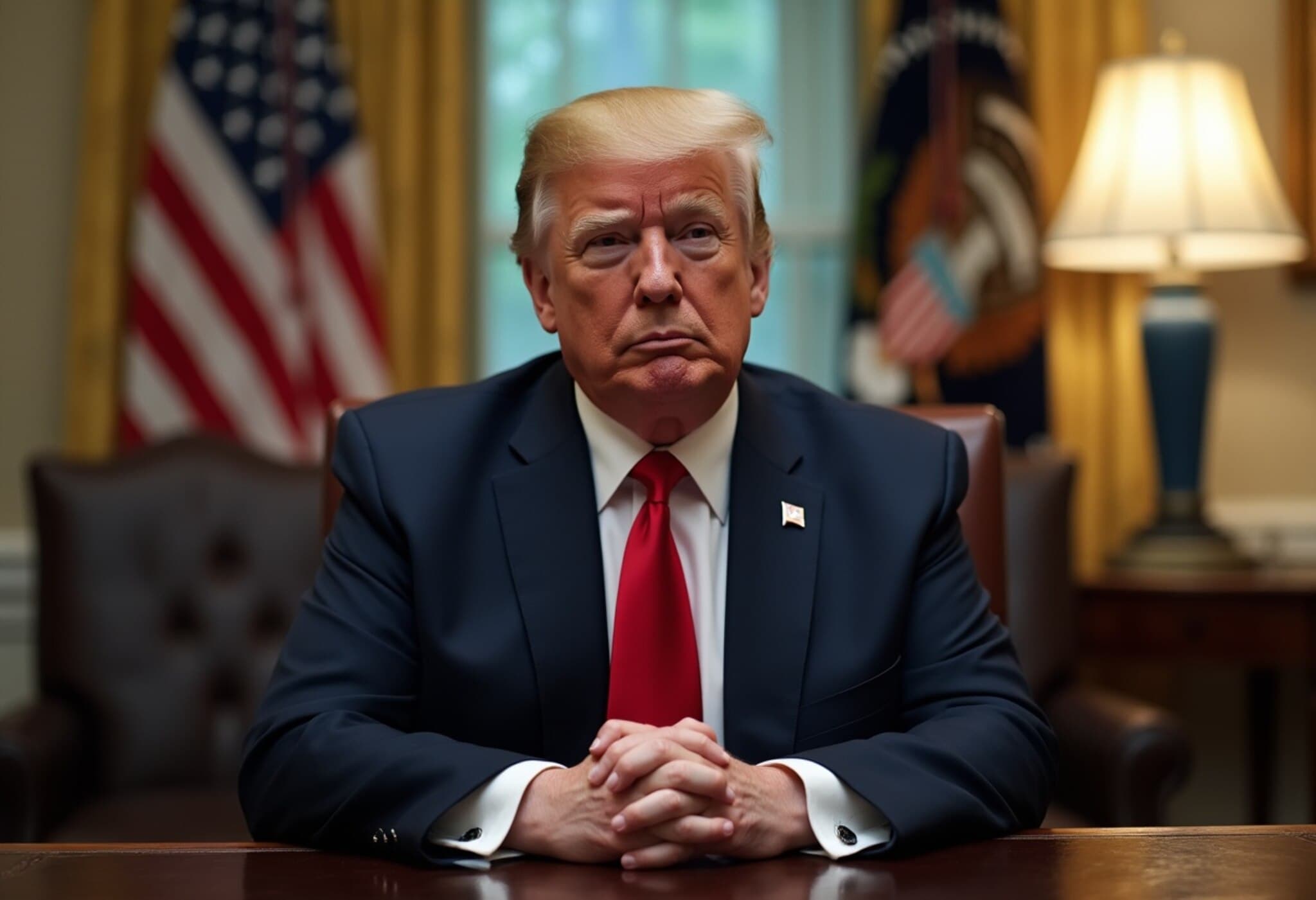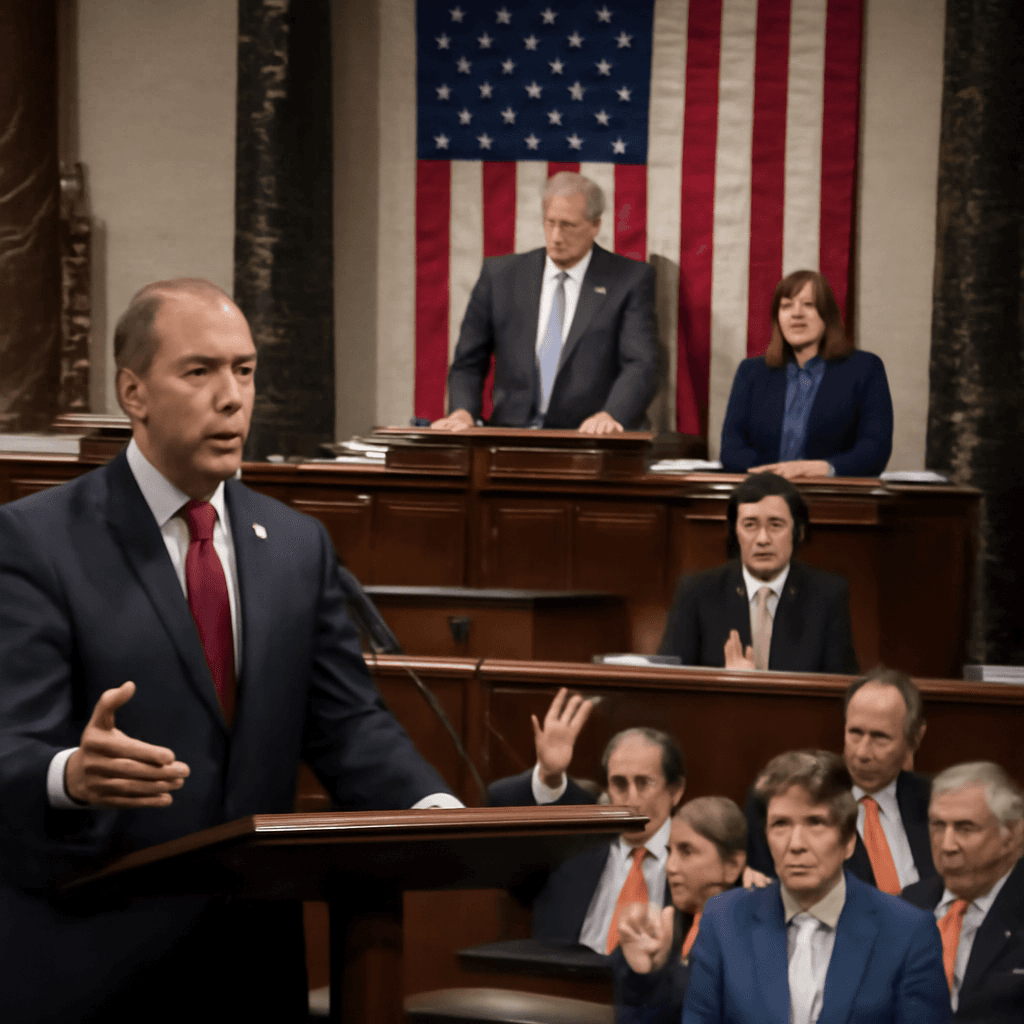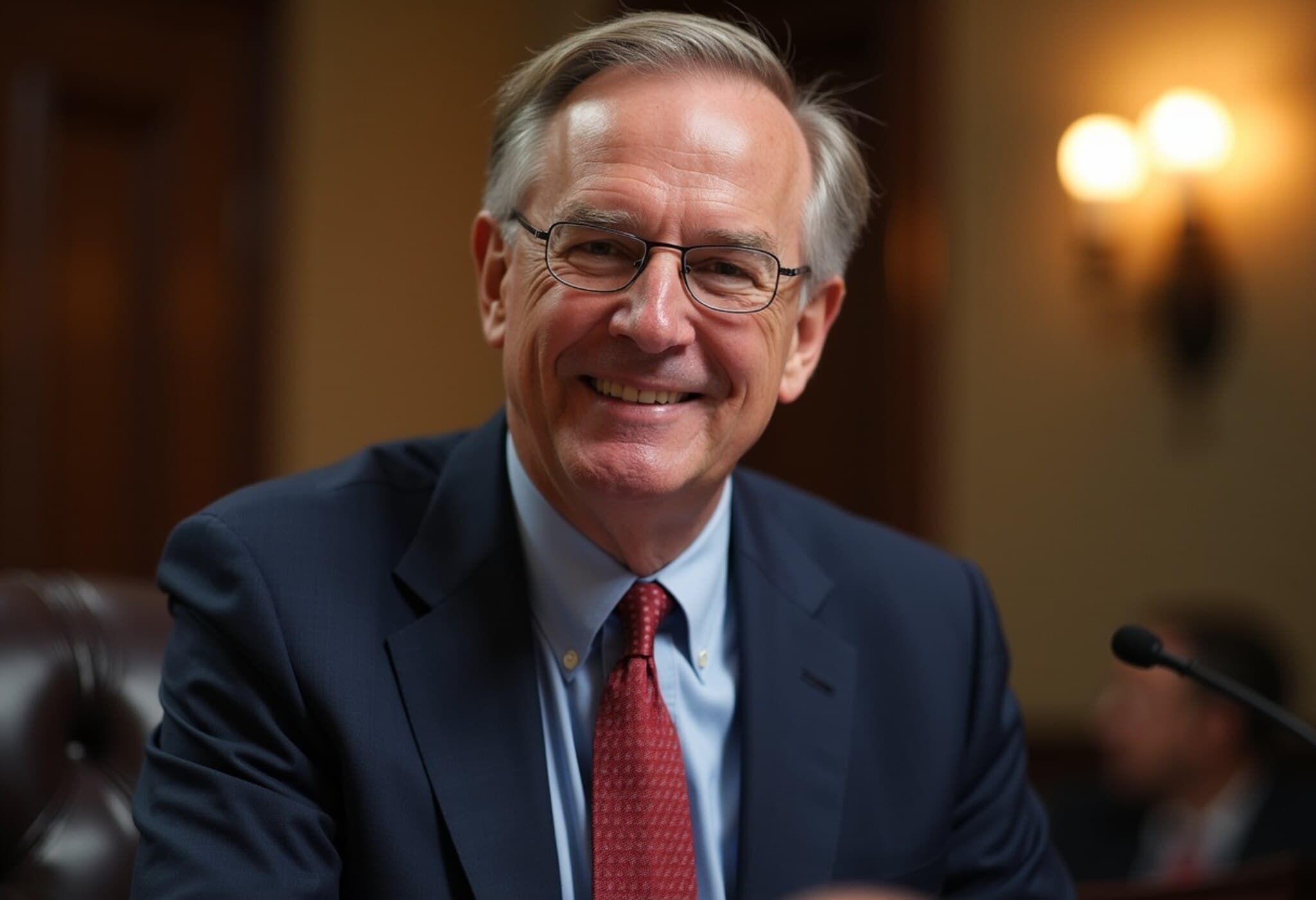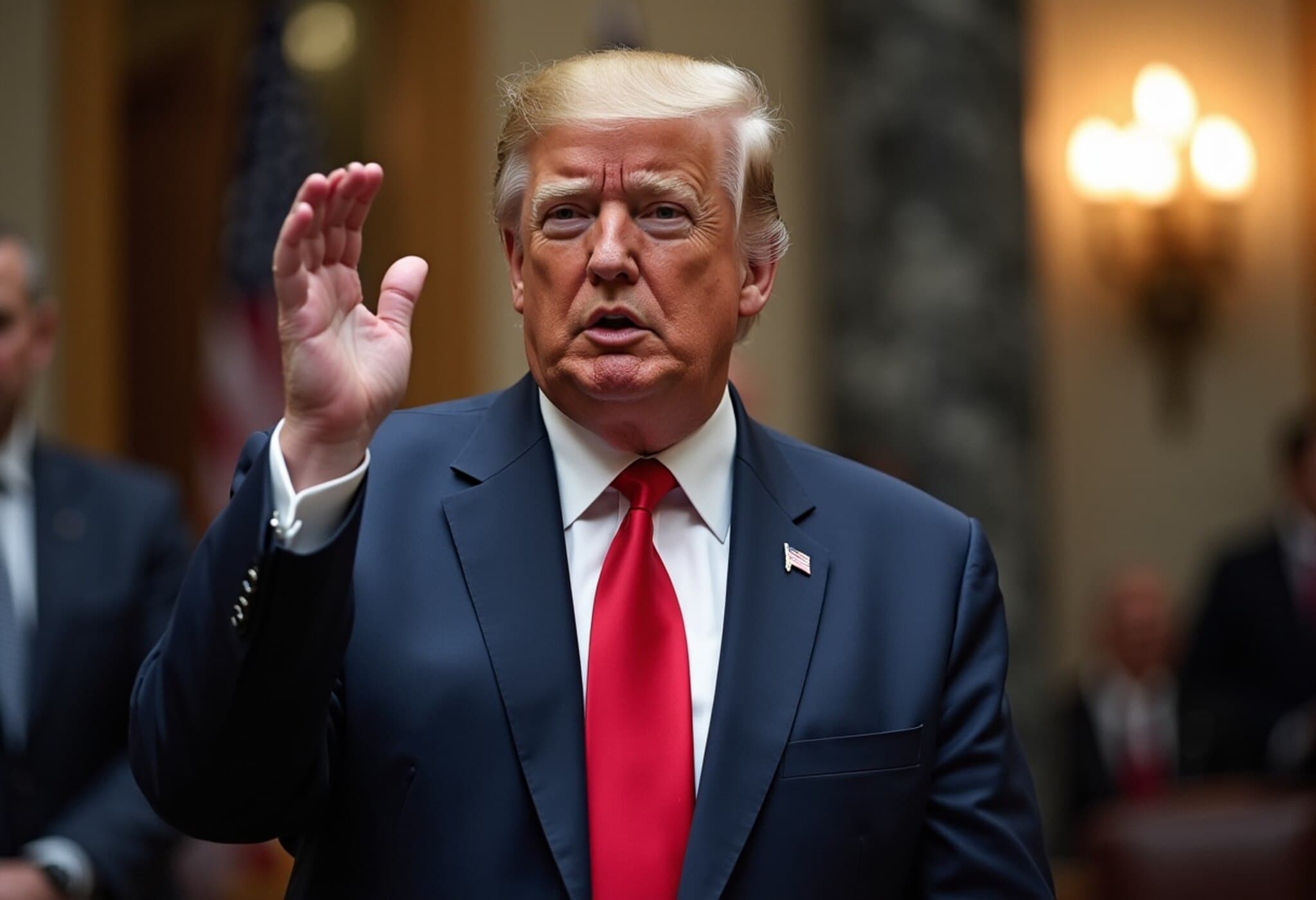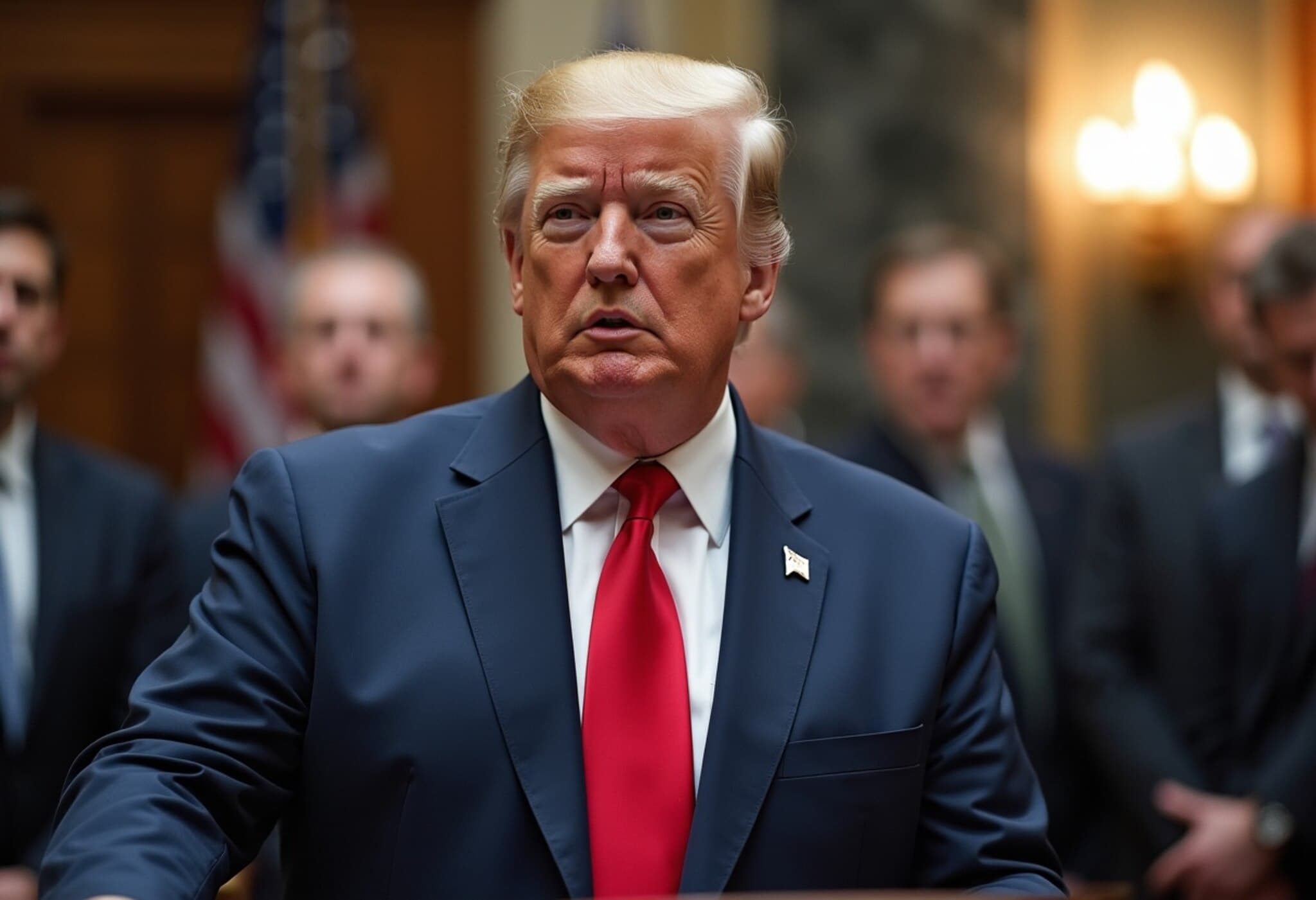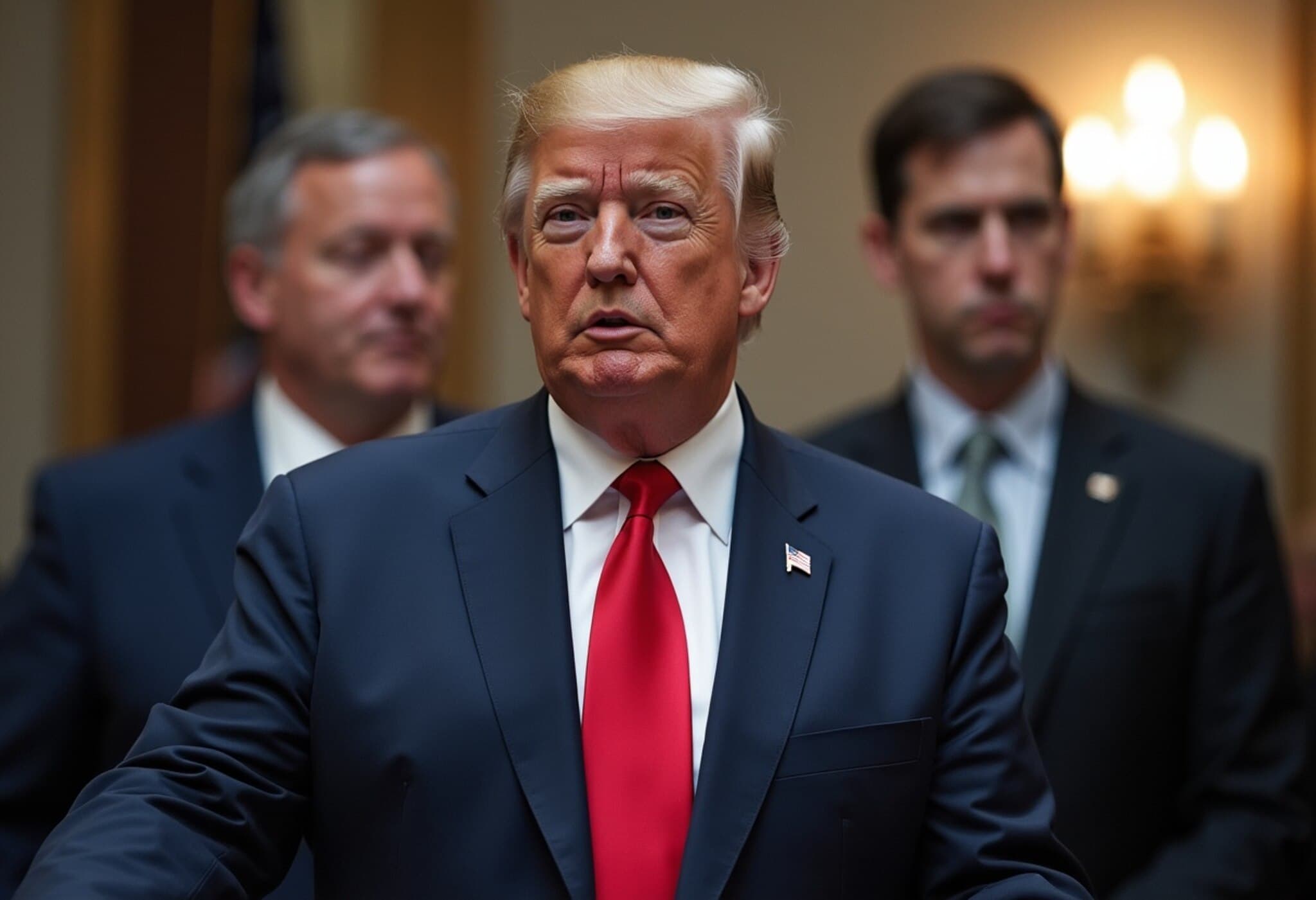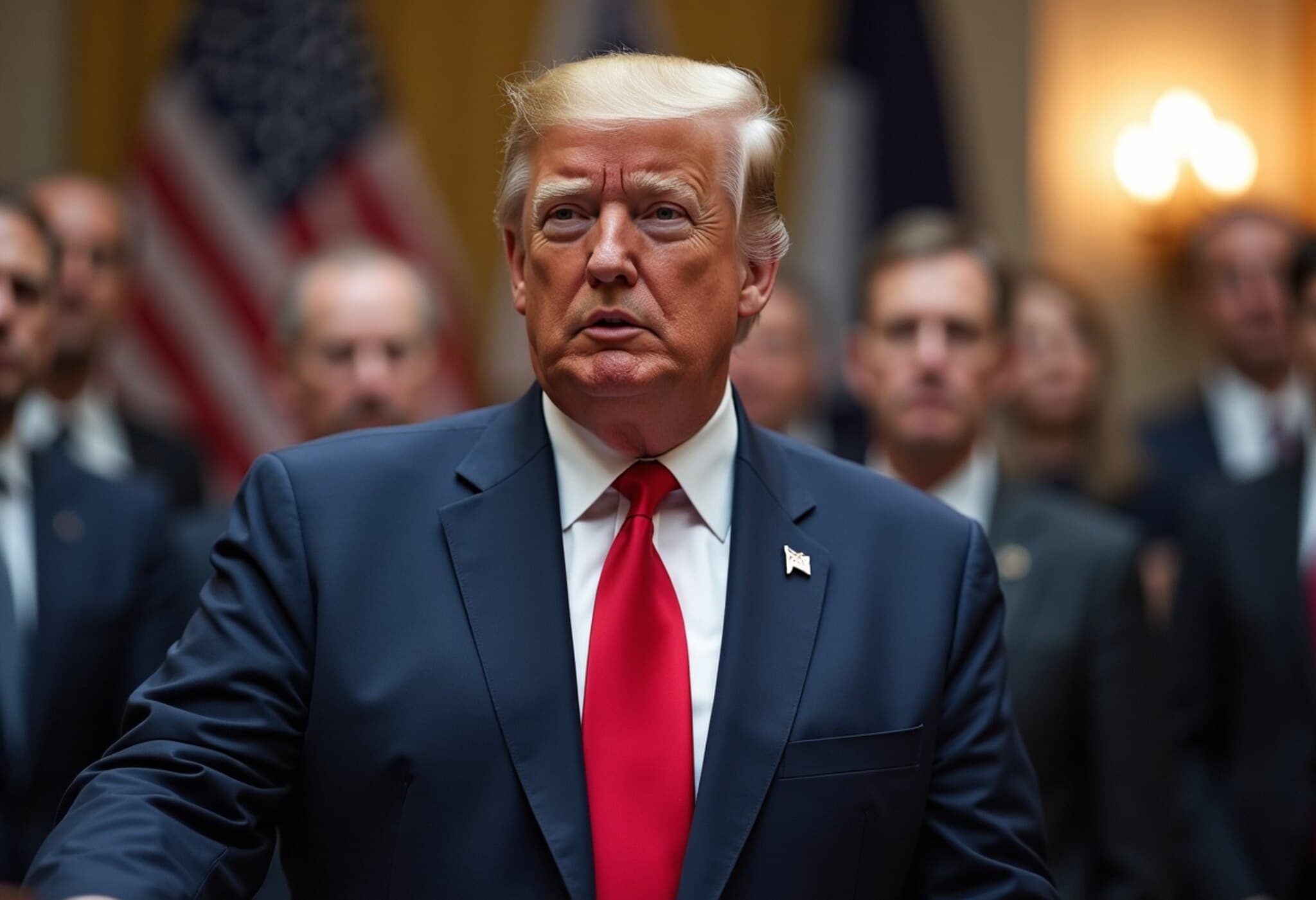Understanding Medicaid Cuts in the 'Big Beautiful Bill'
As Congress races toward the July 4 deadline to finalize the "Big Beautiful Bill," the massive tax and spending package backed by President Trump, Medicaid faces historic cuts that could leave millions of Americans uninsured. Republicans plan steep reductions in Medicaid funding to balance tax breaks and new expenditures, sparking intense debate and division within the party between the Senate and House versions of the bill. Both are expected to ultimately reduce Medicaid support but differ in scope and provisions.
Cuts and Coverage Loss
Approximately 90 million people rely on Medicaid for healthcare coverage nationwide. The Congressional Budget Office (CBO) projects that the Senate version of the bill would result in nearly 12 million more uninsured individuals by 2034, while the House bill expects about 11 million more uninsured over the same period. Combined cuts to Medicaid, Medicare, and the Affordable Care Act (ACA) marketplaces could total nearly $1 trillion over the next decade according to CBO estimates.
Introducing Work Requirements
Both chambers propose new work requirements to qualify for Medicaid. Beneficiaries must work, volunteer, or study at least 80 hours per month, with exemptions for caregivers, pregnant women, and disabled individuals. The House bill applies these rules to childless adults aged 19–64 starting no later than 2026, whereas the Senate version extends the requirement to include parents of children older than 14 years.
Changes to Eligibility and Reporting
Increased Reporting Frequency
Medicaid recipients would need to prove eligibility twice annually instead of once under both bills, significantly increasing bureaucracy and risk of coverage loss for some beneficiaries.
Home Equity Limits
Applicants would be disqualified if their home equity exceeds $1 million, a stricter cap than current state limits tied to inflation. This could prevent some homeowners from qualifying for coverage, regardless of income.
Preventing Payments for Deceased Recipients
The Senate accelerated Medicaid eligibility verification to avoid payments for deceased individuals by advancing the enforcement date from 2028 to 2027.
Impact on Healthcare Providers and Services
Provider Taxes and State Funding
Provider taxes—those levied by states on healthcare providers to supplement Medicaid funding—face curtailment. The House bill freezes current provider tax rates and blocks new ones, while the Senate gradually reduces these taxes from 6% to 3.5% by 2032 in Medicaid expansion states. To ease concerns, the Senate added a $25 billion fund to help vulnerable rural hospitals.
Gender Transition Services
The House restricts Medicaid funding for gender transition services, including surgeries and hormone therapies, for both adults and children. The Senate considered similar provisions, but parliamentary rules forced their removal or modification.
Planned Parenthood Funding
Conservatives aim to cut Planned Parenthood’s Medicaid reimbursements entirely. The Senate version bans payments for one year while the House version extends the ban to a decade.
Limitations on Coverage and Co-Payments
- Both bills reduce retroactive Medicaid coverage from three months to one month.
- States would implement co-pays up to $35 for medical services for individuals earning above 100% of the federal poverty level (around $15,650 for individuals). Exemptions include primary care and some emergency services.
Broader Consequences: Healthcare Access and Rural Impact
The legislation threatens access to essential care for millions, especially impacting vulnerable populations such as children, the disabled, and rural communities. Medicaid-dependent nursing homes and hospitals operate on thin margins and rely heavily on government funding; cuts may force staff reductions, reduced services, or closures.
Rural hospitals, already financially fragile, could face devastating shortfalls despite Senate efforts to mitigate the impact through additional funding. Further, Medicaid work requirements and added administrative burdens risk disenrolling eligible patients, particularly those with unstable housing or complex health needs.
Medicaid’s Role in Cancer Care
Medicaid serves as a vital lifeline for many cancer patients who depend on it for screenings, treatments, and ongoing care. Cuts and increased red tape threaten to delay or deny access to lifesaving interventions. Experts warn that stricter work requirements and shortened eligibility verification periods could disproportionately hurt patients with serious illnesses, increasing late-stage cancer diagnoses and potentially hundreds of preventable deaths annually.
Tax Breaks and Offsets
The bill continues and extends multiple tax cuts from the 2017 Tax Cuts and Jobs Act, including increasing the State and Local Tax (SALT) deduction cap to $40,000 through 2029 and introducing new deductions for tip income, overtime pay, and auto loan interest on U.S.-assembled vehicles. However, these benefits primarily favor wealthier Americans, intensifying concerns about increasing inequality.
Final Considerations and Outlook
Despite President Trump's optimistic statements calling it a bill with "something for everyone," divisions remain among Republicans, and no Democrats support the package. With the Senate having passed its version, the House must approve the bill next, likely triggering further debate. The fate of Medicaid funding and millions of Americans' healthcare access hinges on these negotiations, with outcomes expected to reshape the nation’s social safety net profoundly.

